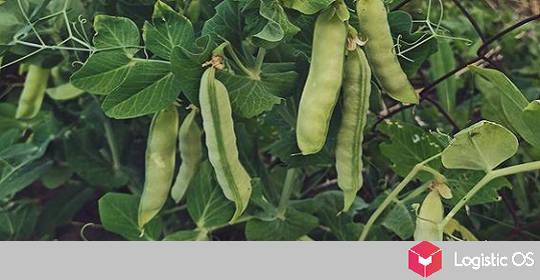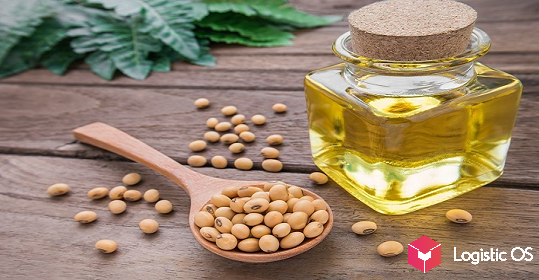According to experts’ forecasts, this year it can reach up to $40 billion, and Russia has already received about $35 billion at the beginning of December.
As the head of the Ministry of Agriculture of the Russian Federation Dmitry Patrushev noted, the sanctions could not significantly reduce Russian exports of agricultural products.
Despite the fact that a number of states refused to work with Russian traders, they still managed to «break through» to foreign markets and get a good income.
The Minister also noted that over the past decades, the Russian agro-industrial complex has made a huge breakthrough, turning from an outsider into a leader among other segments of the economy.
For example, back in 2014-2015. The agro-industrial complex began to bring more income than arms exports.
The Russian agro-industrial complex is becoming more technologically advanced
At the same time, this industry also has its own problems, which are gradually being solved.
For example, in the mid-1920s, agricultural exports, although they brought a good income, mainly included unprocessed raw materials: grain and sunflower seeds.
Since then, much has been done to solve this problem.
For example, the export of flour and vegetable oil is increasing — at least, these are no longer raw materials, but semi-finished products. In addition, the export of finished products is also growing: meat, milk, confectionery.
All this is very important, because it allows you to earn more: the same oil costs much more than seeds.
In addition, additional enterprises are being created on the territory of the Russian Federation that provide jobs and pay taxes.
In general, Russia has a huge potential for the agro-industrial complex: after all, it is the largest country in the world, on the territory of which there is up to 25% of all fresh water in the world.
Nevertheless, it is important for her to get rid of the “resource curse” and actively work to increase productivity and introduce new technologies.
Asia becomes more promising than Europe
As for the entry of Russian agricultural traders into foreign markets, this year they will have a difficult task: to sell up to 60 million tons of grain.
Trade ties with Europe have been largely disrupted, so it makes sense to shift to Asia now.
In particular, this is promising for the future: after all, several billion people live in Asian countries, and the popularity of wheat instead of rice is now growing there.
We must not forget about African countries.
This year, for example, the Russian Federation is thinking about sending 500 thousand tons of grain to the poorest countries of this continent for free.
After all, the Russian Federation does not know what to do with such a huge harvest, so if Africans eat half a million tons, this is clearly better than if they simply disappear. And besides, it can strengthen Russia’s position in the African market in the future.

